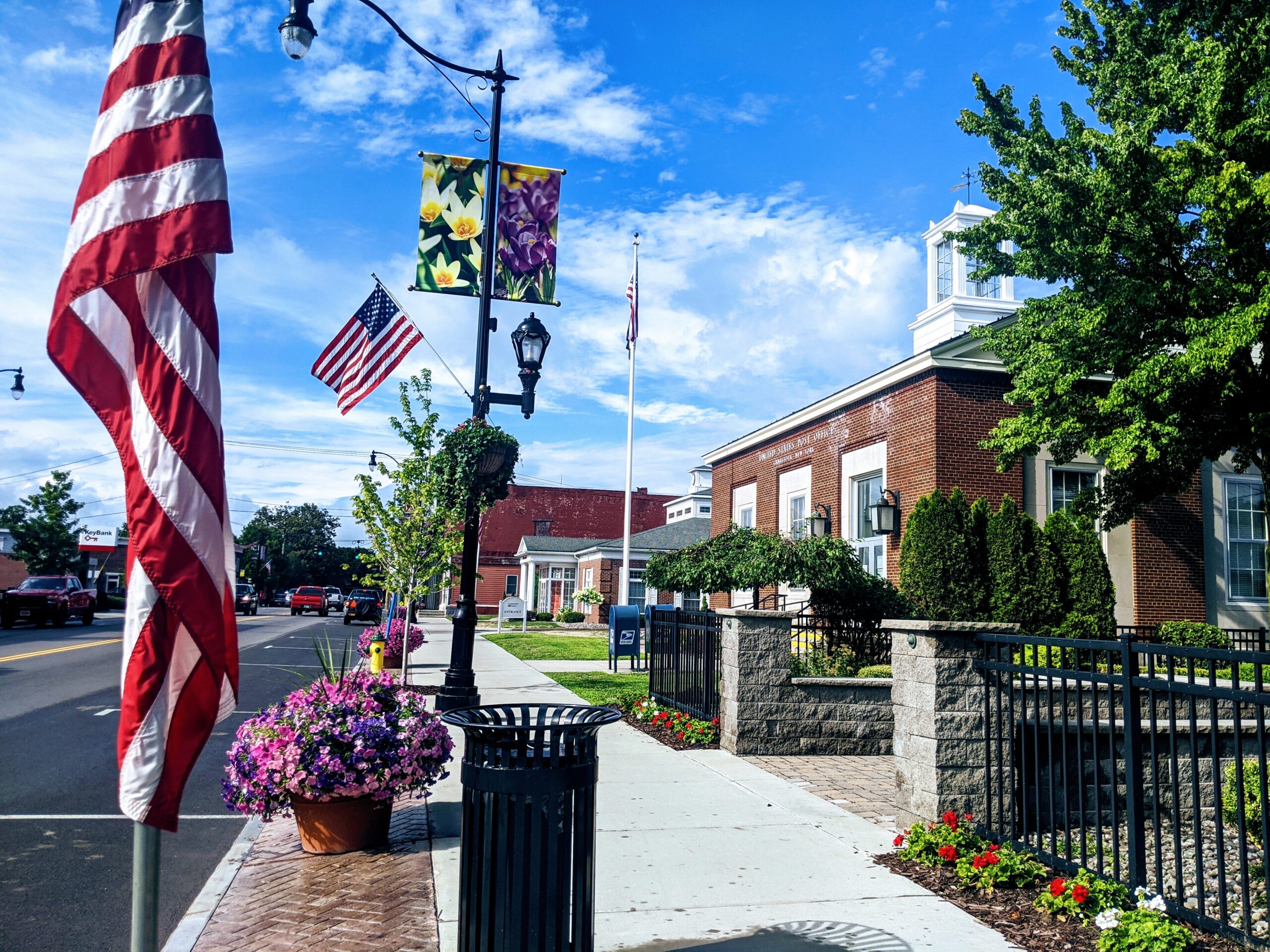Codes

WHAT IS A CODE ENFORCEMENT OFFICER? A Code Enforcement Officer is a sworn or non-sworn inspector, officer or investigator, employed by a town, village, city, or county, who possesses specialized training in, and whose primary duties are the prevention, detection, investigation, and enforcement of violations of laws regulating public nuisance, public health, safety, and welfare, public works, business activities and consumer protection, building standards, land-use, or municipal affairs.
WHAT IS CODE ENFORCEMENT? Code enforcement is an important function local government performs for accomplishing community wide goals. Code enforcement helps empower the citizens of their community to create and maintain safe, healthy, and attractive living and working environments. The aim is to help improve neighborhoods and economic conditions so that the community is known as a good place to live, raise families, work, and retire in.
Some may view code enforcement as an annoying intrusion into the free use of private property. Traditionally, code enforcement is a process whereby local governments use various techniques to work with the community to gain compliance with duly-adopted regulations such as land use and zoning ordinances, health and housing codes, sign standards, building and fire codes.
Contemporary code enforcement involves local enforcement officials in the job of ensuring compliance with policies, codes, rules, regulations, and permits in a proper·, timely fashion within the limits of the law. Consequently, enforcement officials must be fully acquainted ·with the adoption process and the thinking behind the regulations they enforce as well as the legal limits placed on them. Conversely, those who write the laws must understand the problems particular to enforcement and administration as the codes and regulations are implemented.
In this context the code enforcement official is a unique public servant whose responsibility lies squarely between policy making and the realms of law enforcement and litigation. The U.S. Congress, state legislatures, and town, village and city councils and county boards and/or commissions adopt policies, codes, ordinances, rules and regulations to solve problems or respond to federal, state, or community needs and mandates. Enforcement applies these laws to specific properties, either by using warnings and notices to persuade voluntary compliance or by filing court actions, all under the rubric of ‘police powers’.
Local enforcement officials and those who write the policies, codes, rules, and regulations are obligated to understand the management of the code enforcement function and the entire complex process.